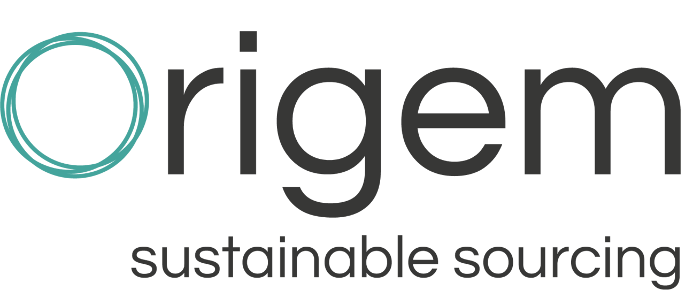- “Cotton is a so thirsty crop that it takes 20 000 liters of water to produce a single tee-shirt”
- “Cotton consumes 25% of the world’s insecticides”
- “Organic cotton uses 91% less water than conventional cotton”
These figures sound familiar, don’t they?
Still, how many (and how much) of these are true?
Transformers Foundation’s latest report points out all the “halftruths, out-of-date information and shocking statistics” that are commonly shared around cotton environmental impacts but also organic farming benefits.
If data is crucial to understand raw materials footprint and make better informed sourcing choices, their use always need to be contextualised, even more when considering complex and globalized supply chains, such as textile ones.
Cotton is a perfect example of agricultural commodity for which claims have been used repeatedly and for all purposes.
Here is a good opportunity to find out what the true is.



